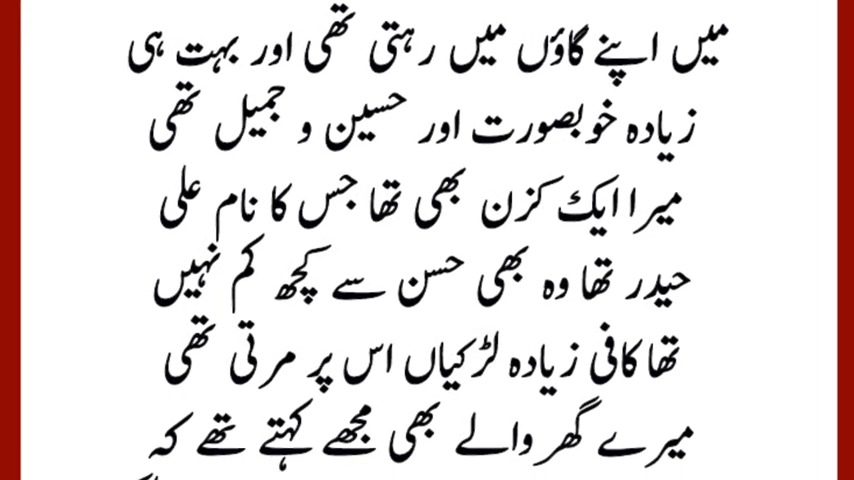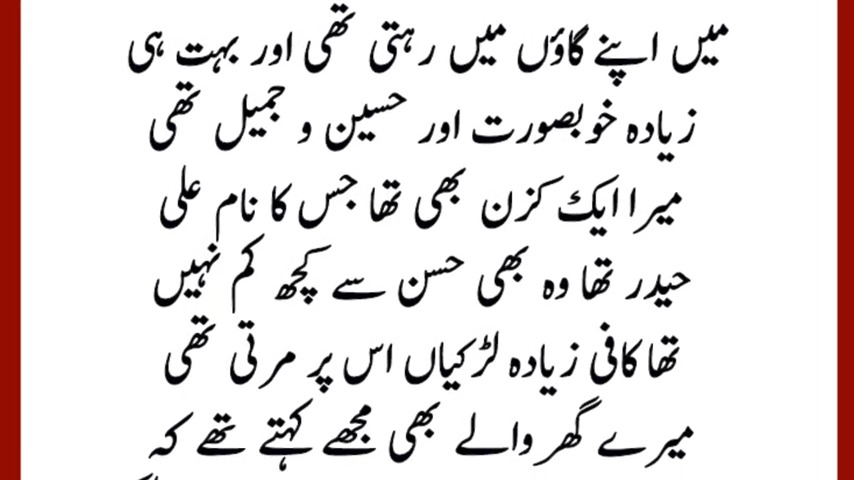
Our bodies need essential nutrients to function properly, but our fast-paced lives make it easy to overlook them. Zinc and magnesium play vital roles in maintaining women’s health. Both minerals are essential for various bodily functions, yet many women might not be consuming enough through their diets.
Why Zinc and Magnesium Are Important
Zinc and magnesium are two minerals that our bodies cannot produce on their own, which makes it necessary to obtain them through food. While they are required in smaller amounts compared to macronutrients like protein or carbohydrates, their effects are wide-ranging and crucial for overall well-being.

Zinc: Zinc is a trace element that plays a role in immune function, wound healing, DNA synthesis, and protein production. It’s also essential for proper growth and development. In women, zinc supports reproductive health and hormone balance.
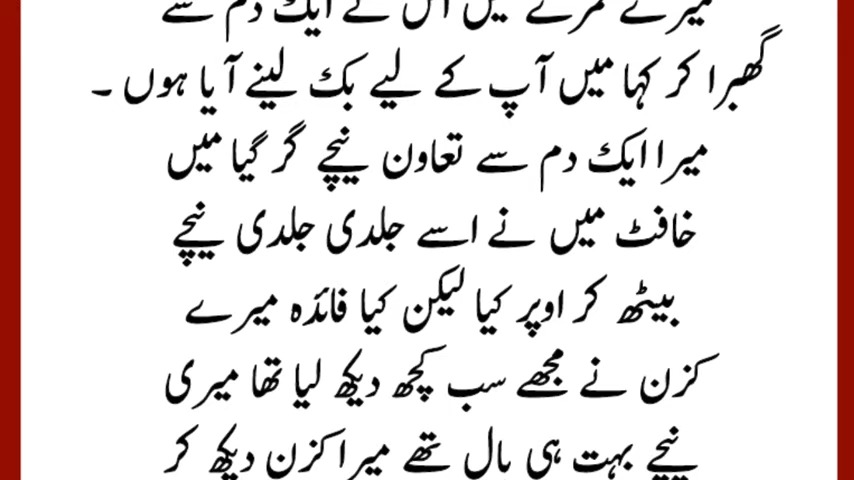
Magnesium: Magnesium is involved in over 300 biochemical reactions in the body. It helps maintain muscle and nerve function, supports the immune system, keeps bones strong, regulates blood sugar levels, and promotes normal blood pressure. Magnesium also aids in protein synthesis, energy production, and cardiovascular health.

Both minerals are necessary for women’s health at all stages of life, from puberty through menopause, and their importance only increases as women age.
Health Benefits of Zinc for Women
Boosts Immunity Zinc is essential for a healthy immune system. It helps your body fight off invading bacteria and viruses. This is particularly important for women, as they are often juggling multiple roles that can leave them more vulnerable to stress-related illnesses. Adequate zinc intake ensures that the immune system functions properly, reducing the risk of infections and common illnesses like colds.
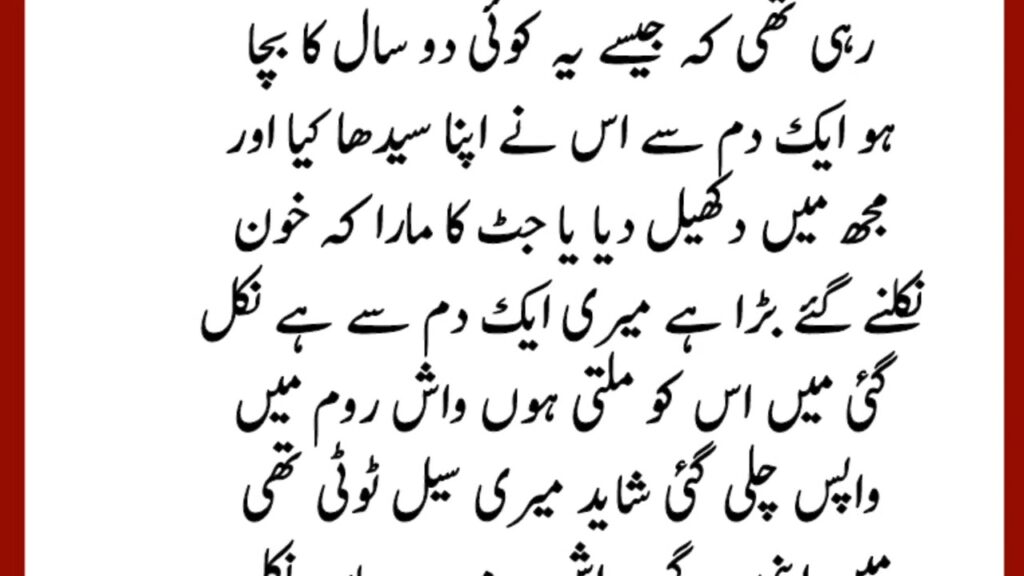
Supports Reproductive Health Zinc is crucial for women’s reproductive health, particularly during pregnancy. It plays a role in cell division, which is critical during fetal development. Zinc deficiency during pregnancy can lead to complications such as premature birth or low birth weight. Even outside of pregnancy, zinc helps regulate hormones and menstrual cycles, promoting reproductive health and fertility.
Aids in Skin Health For women who are concerned about their skin, zinc can be a game-changer. It plays a vital role in collagen synthesis, which helps keep the skin firm and elastic. Zinc also has anti-inflammatory properties that can help in managing acne and other skin conditions. It promotes wound healing and protects against sun damage, making it an important nutrient for overall skin health.
Improves Mood and Cognitive Function Zinc is known to play a role in brain function and mood regulation. Deficiency in zinc has been linked to mood disorders such as depression and anxiety. Women, especially during hormonal changes, may experience mood swings or mental health challenges, and zinc can help stabilize mood by supporting brain function.
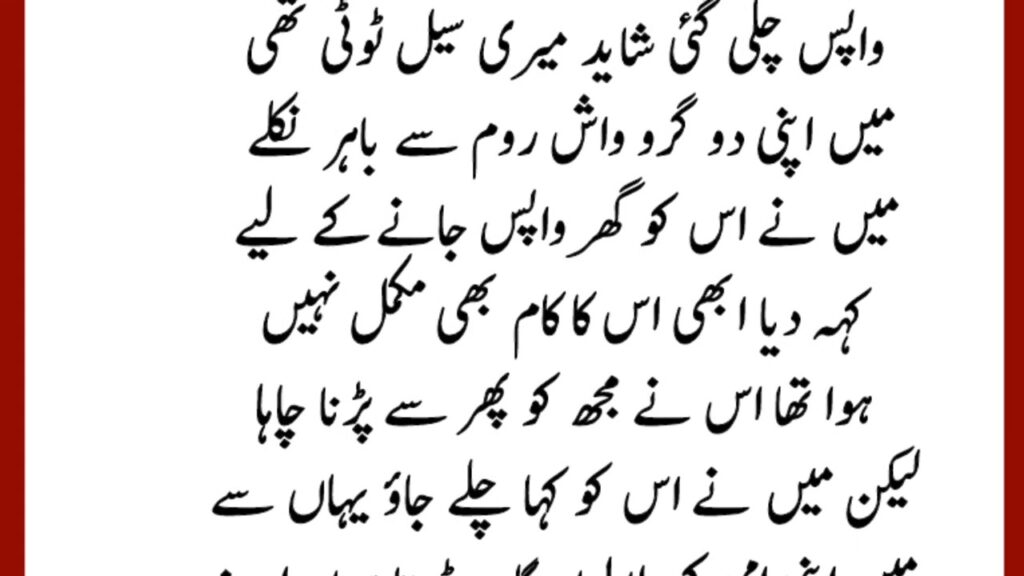
Best Foods Rich in Zinc and Magnesium
To reap the health benefits of zinc and magnesium, it’s important to incorporate foods rich in these minerals into your diet. Here are some of the top food sources:
Zinc-Rich Foods
Pumpkin Seeds: One of the best plant-based sources of zinc, pumpkin seeds are also rich in antioxidants, making them a great snack for overall health.
Chickpeas: Legumes like chickpeas are not only rich in protein but also packed with zinc, making them an excellent choice for vegetarians.
Oysters: Among animal-based foods, oysters are the richest source of zinc. They provide more zinc per serving than any other food.
Nuts: Nuts like cashews and almonds are a good source of zinc and make for a nutritious, convenient snack.
Eggs: Eggs contain moderate amounts of zinc and offer a balance of other essential nutrients like protein and healthy fats.

